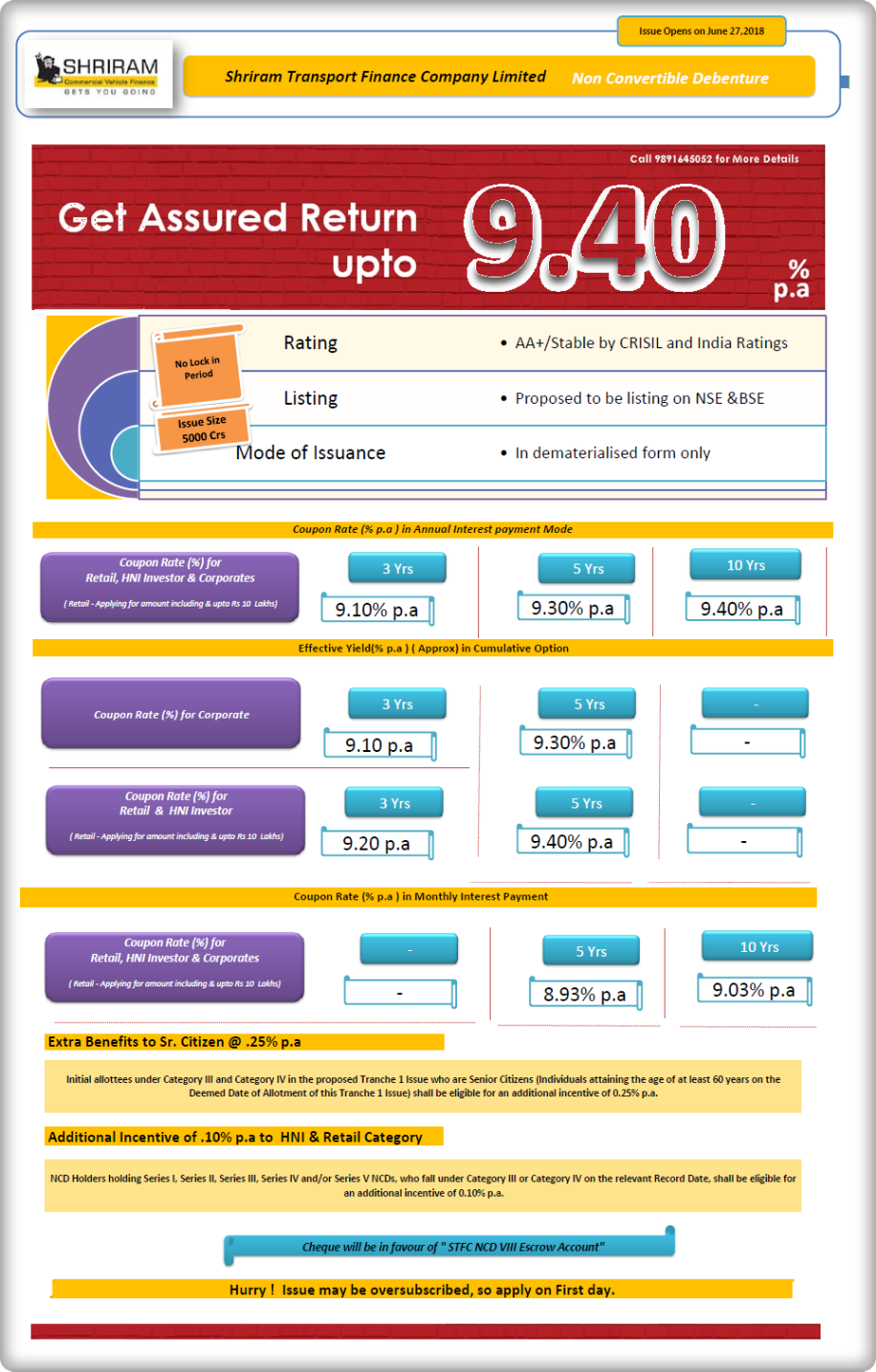Dividend distribution tax to hurt corporates
Dividend distribution tax to hurt corporates

NEW DELHI: The overall changes in direct taxes will leave corporates with more money to invest and kick-start growth. The only dampener is the increase in the effective dividend distribution tax, a tax on dividends paid by companies. But their tax outgo will increase only if they pay out the same amount as dividend.
If companies want to maintain their outgo, then shareholders will have to reckon with lower dividends. The new DDT mechanism effectively reduces the return on long-term investments of shareholders.
The methodology is complex, and a simpler way would have been a revision in the DDT rate, said Kaushik Mukerjee, executive director at PwC. The finance minister has raised the effective DDT rate by changing the way the dividend distribution tax is worked out.
Currently, dividend taxes are calculated on the net amount that is to be paid into the hands of shareholders. The new norms propose computing the tax on the 'grossed up' amount in jargon.
The tax will be levied on the amount of dividend inclusive of the tax. How will this work? Let's say a company has a surplus of Rs 100 and wants to pay shareholders the entire surplus as dividend. It has to pay a DDT of Rs 15, and the balance Rs 85 will be paid to shareholders.
Earlier, the company had to pay only Rs 13 as tax, and the balance Rs 87 was paid as dividend to shareholders. Effectively, say accountants and analysts, this will result in the dividend distribution tax rising by about 3 percentage points.
Economics Times
Thanking you
Regards,
Rajesh Kumar Kathpalia ¤ SMC Global
17,Netaji Subhash Marg,Daryaganj,
New Delhi-110002 Mobile No 9891645052
Email Id: rajesh.ipo@smcindiaonline.com
--
You received this message because you are subscribed to the Google Groups "Product Updates for AMC" group.
To unsubscribe from this group and stop receiving emails from it, send an email to Productupdatesforamc+unsubscribe@googlegroups.com.
For more options, visit https://groups.google.com/d/optout.

NEW DELHI: The overall changes in direct taxes will leave corporates with more money to invest and kick-start growth. The only dampener is the increase in the effective dividend distribution tax, a tax on dividends paid by companies. But their tax outgo will increase only if they pay out the same amount as dividend.
If companies want to maintain their outgo, then shareholders will have to reckon with lower dividends. The new DDT mechanism effectively reduces the return on long-term investments of shareholders.
The methodology is complex, and a simpler way would have been a revision in the DDT rate, said Kaushik Mukerjee, executive director at PwC. The finance minister has raised the effective DDT rate by changing the way the dividend distribution tax is worked out.
Currently, dividend taxes are calculated on the net amount that is to be paid into the hands of shareholders. The new norms propose computing the tax on the 'grossed up' amount in jargon.
The tax will be levied on the amount of dividend inclusive of the tax. How will this work? Let's say a company has a surplus of Rs 100 and wants to pay shareholders the entire surplus as dividend. It has to pay a DDT of Rs 15, and the balance Rs 85 will be paid to shareholders.
Earlier, the company had to pay only Rs 13 as tax, and the balance Rs 87 was paid as dividend to shareholders. Effectively, say accountants and analysts, this will result in the dividend distribution tax rising by about 3 percentage points.
Economics Times
Thanking you
Regards,
Rajesh Kumar Kathpalia ¤ SMC Global
17,Netaji Subhash Marg,Daryaganj,
New Delhi-110002 Mobile No 9891645052
Email Id: rajesh.ipo@smcindiaonline.com
--
You received this message because you are subscribed to the Google Groups "Product Updates for AMC" group.
To unsubscribe from this group and stop receiving emails from it, send an email to Productupdatesforamc+unsubscribe@googlegroups.com.
For more options, visit https://groups.google.com/d/optout.






Comments
Post a Comment
You are requested to mentioned your full name with email id while commenting.